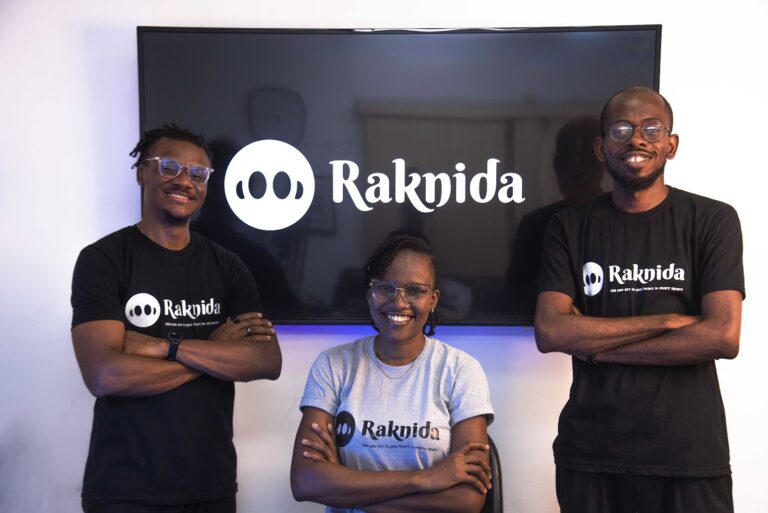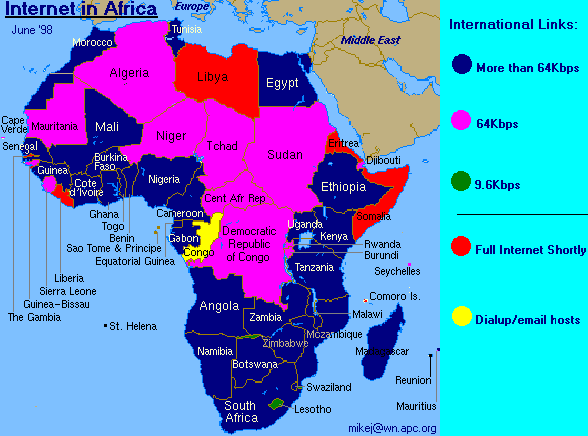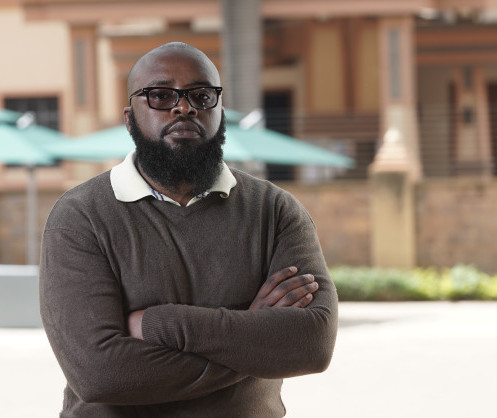NITDA Trains 3,600 Teachers and Master Trainers to Drive Nationwide Digital Literacy

The National Information Technology Development Agency (NITDA) has intensified its efforts to transform Nigeria’s education sector by equipping teachers with essential digital skills under its flagship initiative, Digital Literacy for All (DL4ALL). In a significant step toward this goal, the Agency has commenced a two-day physical training programme for teachers drawn from the 36 states of the federation and the Federal Capital Territory (FCT), Abuja.
The Abuja training, which began on September 18, 2025, builds on more than two weeks of intensive virtual sessions that had already reached and empowered 3,600 teachers across the country. These virtual sessions provided foundational digital knowledge and prepared participants for the more practical, hands-on physical training.
The programme is being implemented in collaboration with the Universal Basic Education Commission (UBEC) and the National Senior Secondary Education Commission (NSSEC), reflecting a strong synergy among critical stakeholders in Nigeria’s education sector. Together, these institutions are working to ensure that teachers at both basic and secondary levels gain the capacity to deliver education that is relevant for the digital age.

A central focus of the Abuja session is the empowerment of selected participants as Master Trainers. Through a structured train-the-trainer approach, Master Trainers will cascade the skills they have acquired to thousands of teachers within their respective states and communities, thereby amplifying the overall impact of the initiative and ensuring sustainability.
Beneficiaries of the training have expressed great enthusiasm and appreciation for the opportunity. Tanko Abdulkareem, a participant from Kuje Area Council, described the programme as a transformative experience that had broadened his understanding of digital applications in the classroom. He noted that the training would enhance his ability to support colleagues and positively influence the learning experience of his students.
Similarly, Muhammad Ademu from the Abuja Municipal Area Council (AMAC) hailed the initiative as “a timely and life-changing intervention,” pointing out that it would significantly contribute to repositioning education in Nigeria for the realities of the 21st-century digital economy.
For Bamidele Gbenga Samuel, a teacher at Government Secondary School, Gwagwalada, and staff of the FCT Secondary Education Board, the training is equipping teachers with the tools to bridge the digital divide that has long limited effective classroom teaching. He emphasised that teachers, as the bedrock of learning, must themselves be digitally literate to properly prepare students for future opportunities.
Adding her voice, Miss Veronica Miapie of the FCT Secondary Education Board described digital literacy as no longer optional but a necessity for both teachers and students. She commended NITDA and its partners for prioritizing the capacity-building of educators, stressing that the long-term benefits would ripple across generations of learners.
Through its Digital Literacy and Capacity Building (DLCB) department, NITDA has consistently demonstrated its commitment to expanding access to digital knowledge in Nigeria. The DL4ALL initiative, of which this training is a major component, is part of NITDA’s broader mandate to align Nigeria with global trends in technology adoption and prepare citizens for a knowledge-driven economy.







